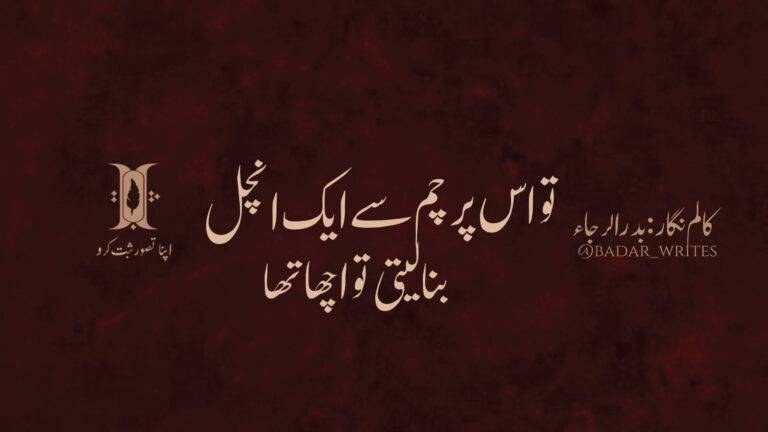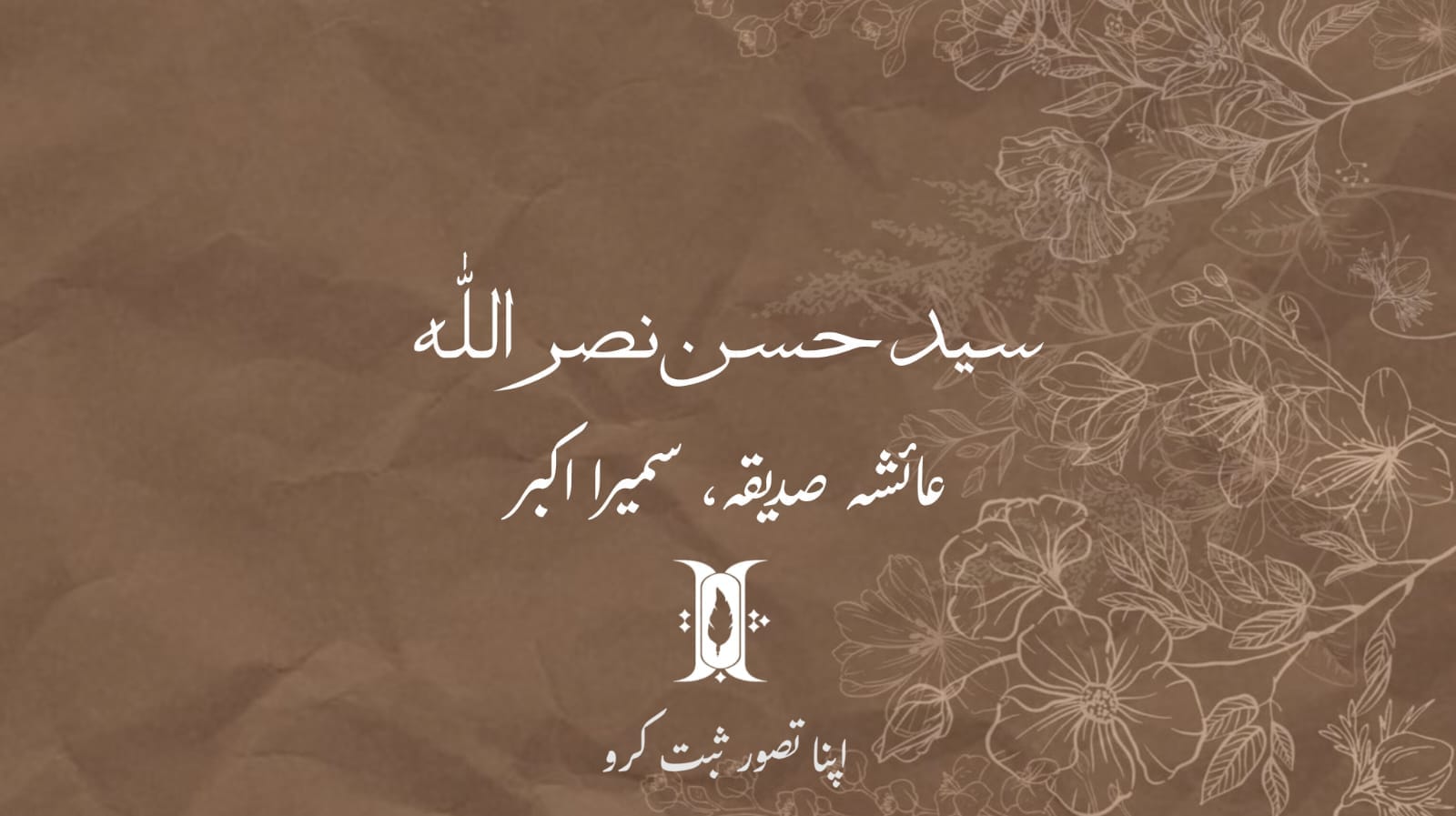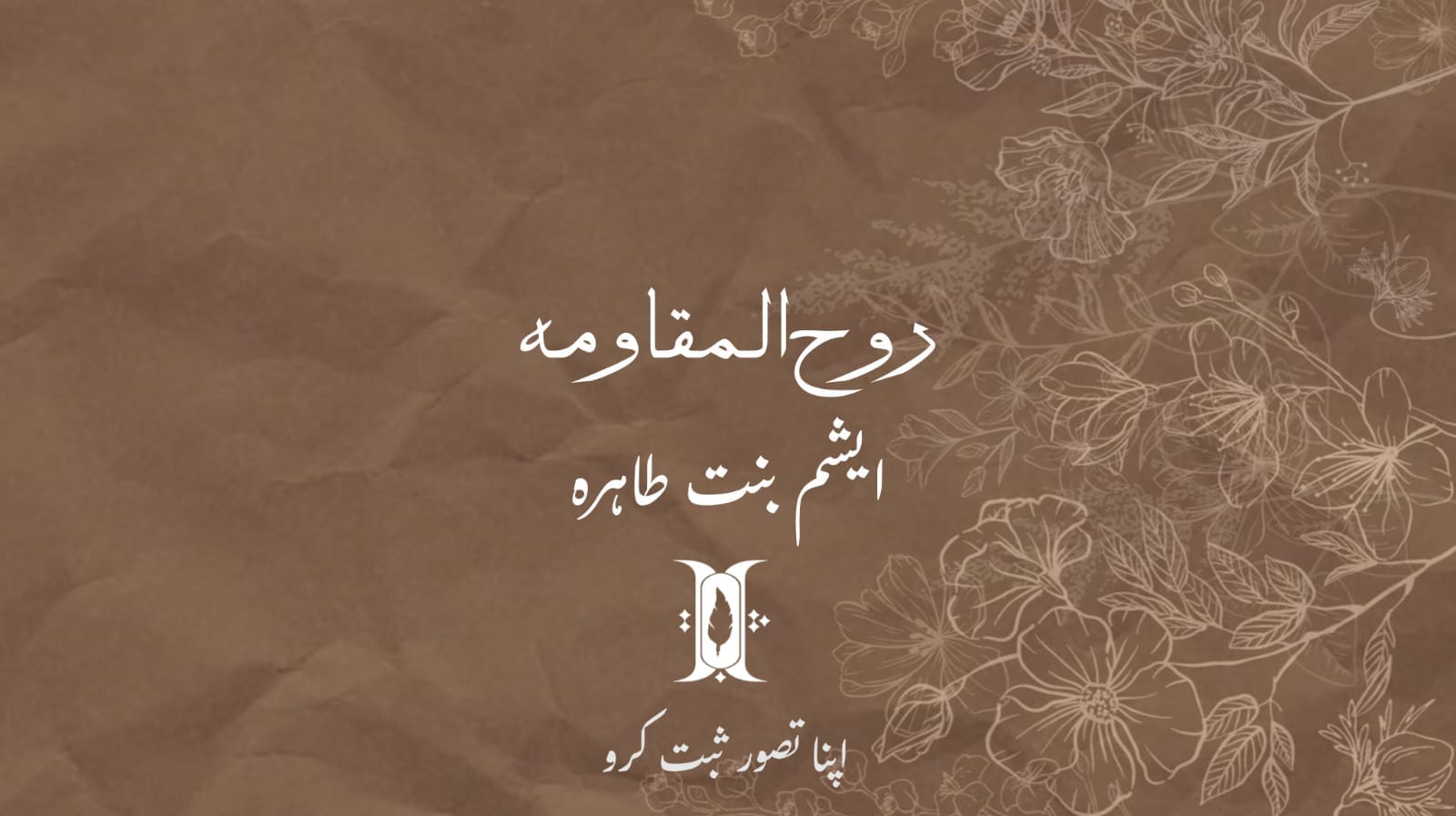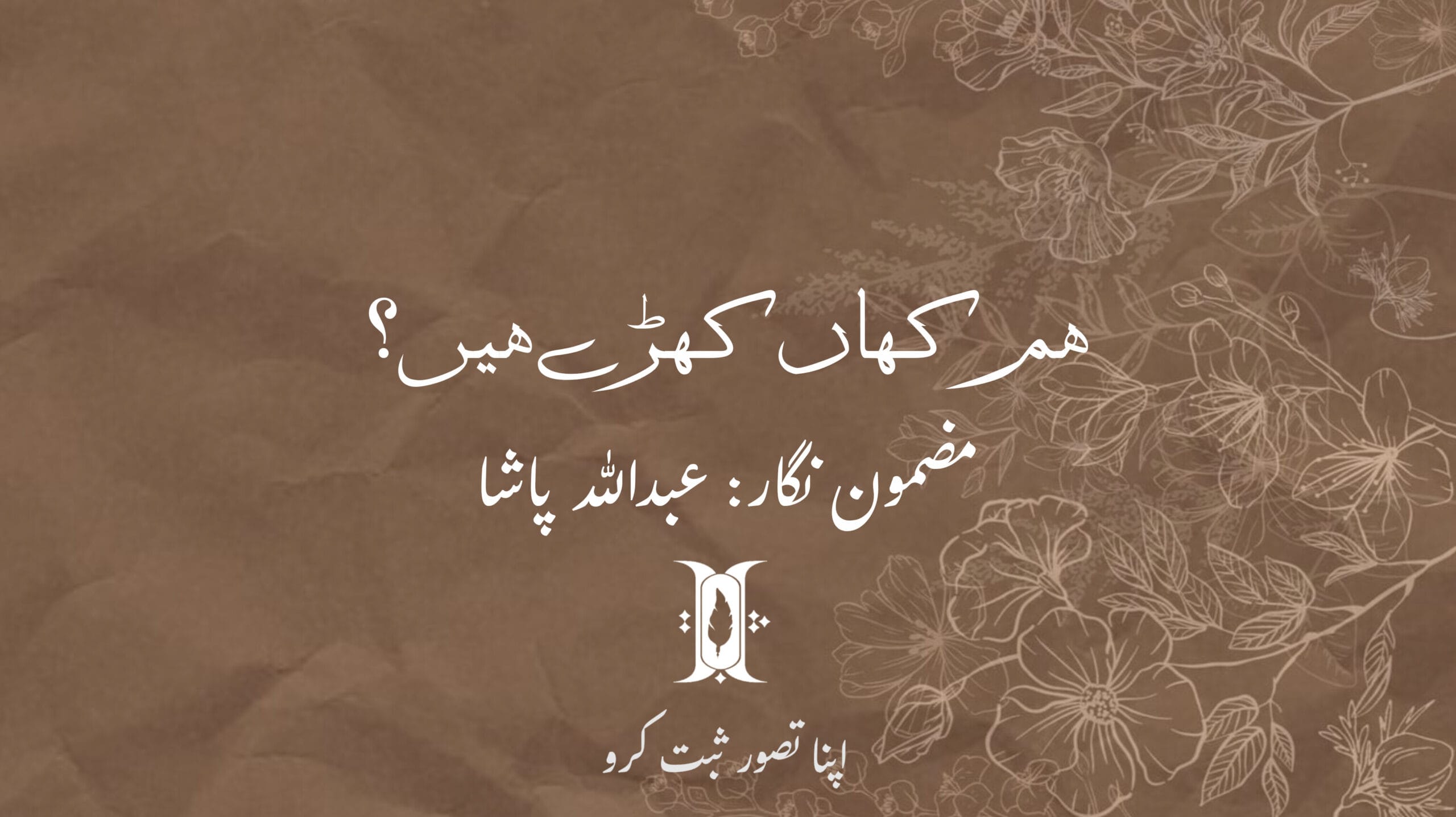Empowering Women: Islam’s Legacy and the Risk of Forgetting
From Hazrat Khadija’s success as a prominent merchant to Hazrat Ayesha’s distinction as the woman who narrated the most Ahadith, and from Hazrat Sumayya’s role as the first female martyr of Islam to Hazrat Zainab’s powerful address to Yazeed after Karbala, Islam manifests a legacy of empowering women with their rightful status, rights, and authority. Yet, what happens if women forsake these foundational teachings and attempt to sever their own roots?
Navigating Feminism and addressing the misconceptions:
The misuse of feminism according to Islam often stems from misunderstandings and misinterpretations of both feminism and Islamic teachings. Some may erroneously conflate feminism with concepts that contradict Islamic principles, leading to confusion and distortion. However, genuine feminism, when aligned with Islamic values, advocates for the rights, dignity, and empowerment of women within the framework of faith.
Misrepresenting feminism within an Islamic context can perpetuate harmful stereotypes and hinder progress toward gender equity. It’s essential to engage in nuanced discussions that honor both feminism’s goals and Islam’s teachings to foster genuine understanding and positive change.
Women Empowerment in the light of Islam:
In Islam, numerous Hadiths emphasize the empowerment of women, highlighting their rights, dignity, and contributions to society. For instance, the Prophet Muhammad (peace be upon him) said, “The seeking of knowledge is obligatory for every Muslim.” This Hadith applies equally to both men and women, emphasizing education as a means of empowerment. Another Hadith narrates, “The best among you are those who are best to their wives.” This underscores the importance of treating women with kindness, respect, and equality. Additionally, the Prophet Muhammad (peace be upon him) stated, “Paradise lies at the feet of your mother,” highlighting the elevated status of mothers in Islam and the significance of honoring and supporting women. These Hadiths exemplify Islam’s emphasis on empowering women and recognizing their vital roles in society.
Empowering Women: The Vital Role of Women in Islam
Women in Islam hold significant roles as nurturers, scholars, leaders, and contributors to society. Despite misconceptions, Islam emphasizes women’s rights, granting them equality, respect, and dignity. Throughout history, Muslim women have played pivotal roles in shaping culture, science, and governance, embodying strength, resilience, and wisdom. Their empowerment not only enriches Islamic communities but also exemplifies the universal pursuit of justice and equality.
Conclusion:
The true essence of feminism lies in advocating for gender equality, challenging oppressive systems, and promoting women’s rights. However, in contemporary times, some individuals, including women, manipulate feminism for personal gain or to promote divisive agendas. Such manipulation often distorts the movement’s core principles, leading to misunderstandings and undermining its effectiveness in achieving true equality and justice for all genders.
To Read More Articles Like This



